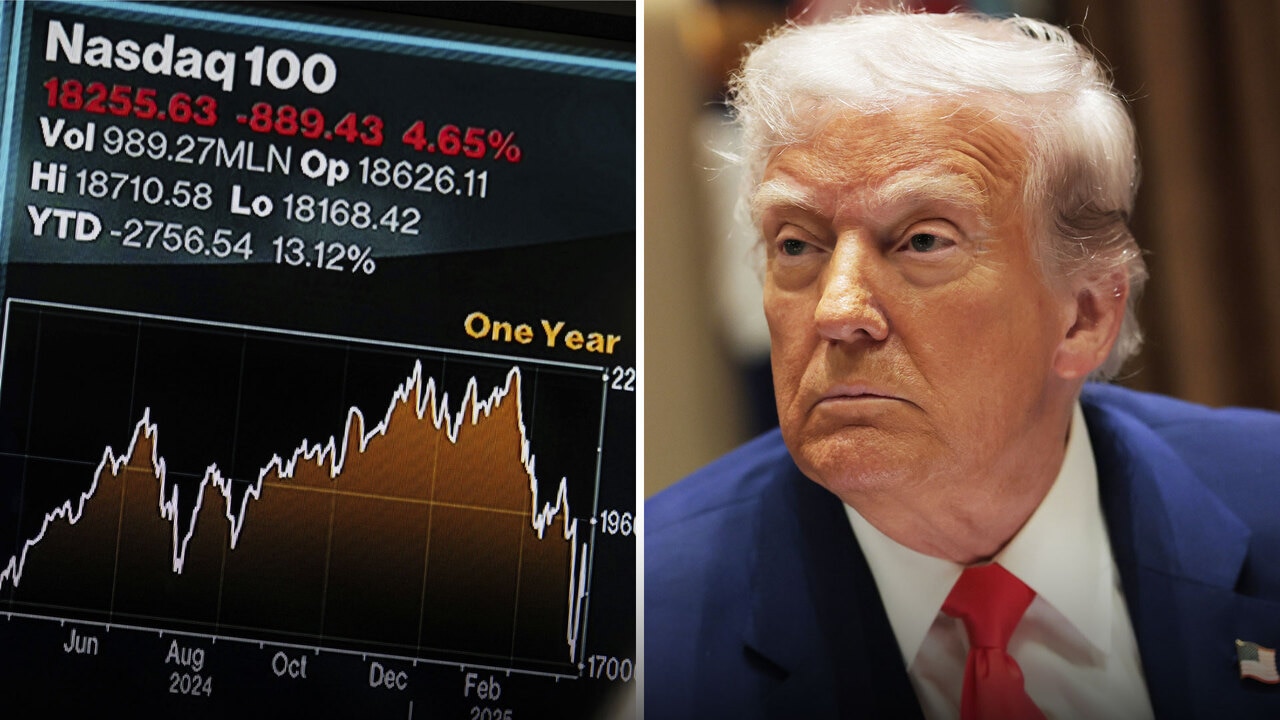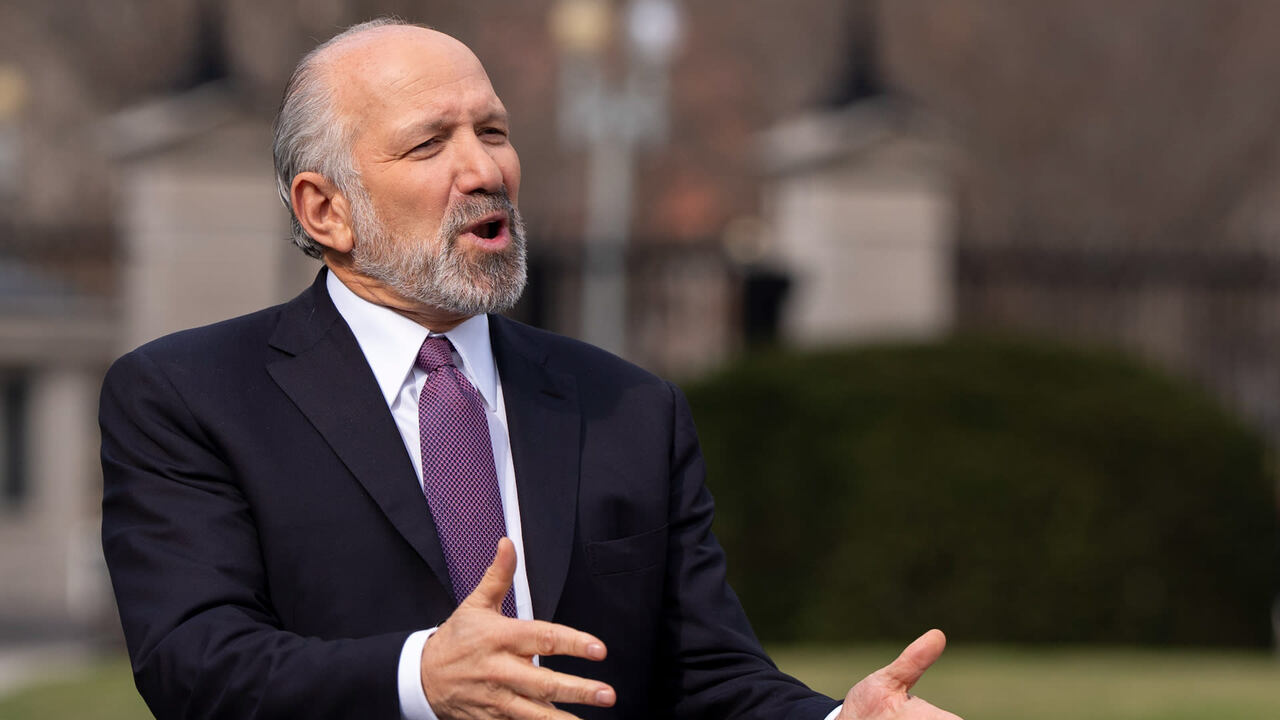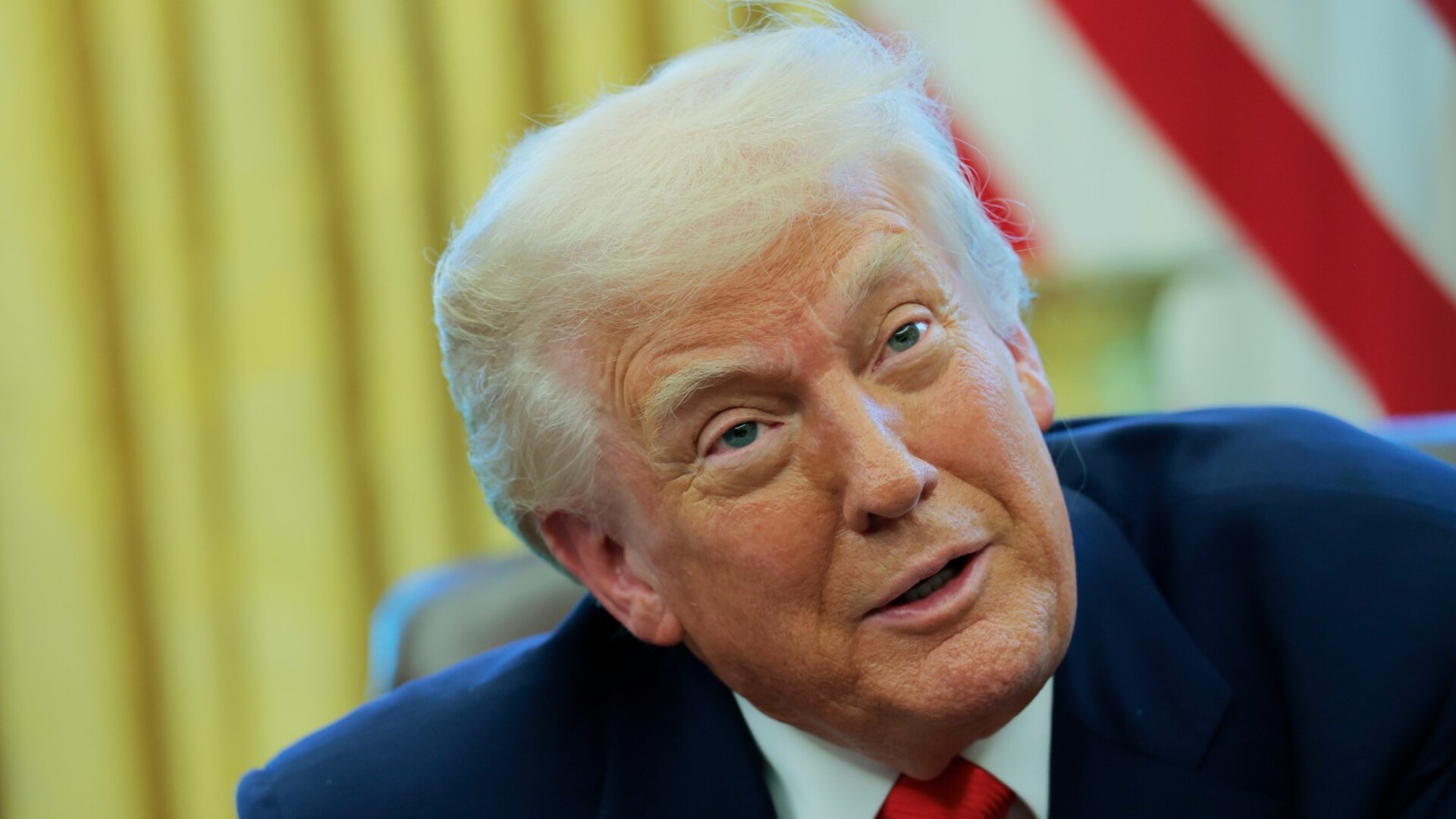The lessons of Trump’s tariff exemptions

Customs and Border Protection (CBP) late Friday issued a notice listing products that will be exempt from Mr Trump’s so-called reciprocal tariffs that can run as high as 145 per cent on goods from China. The exclusions apply to smartphones, laptop computers, hard drives, computer processors, servers, memory chips, semiconductor manufacturing equipment, and other electronics.
The CBP notice takes the tariff rate on these products down considerably. Barron’s calculates that the exceptions cover $385 billion in 2024 imports. That includes $100 billion from China, or 23 per cent of US imports from that country. The tariff rate falls to 20 per cent on the newly exempted Chinese exports.
These exemptions are good news for consumers who were facing much higher prices for smartphones that are a staple of modern life. How would you like a $2,400 iPhone? But the big winners are the giant companies that assemble these products abroad and now get a reprieve, at least for as long as they remain in Mr Trump’s good political graces.

Apple CEO Tim Cook is a big winner, as are Dell Technologies’ Michael Dell, Jensen Huang of Nvidia, and the executives and shareholders of Hewlett-Packard and TSMC. This is no rap on them, since their job is look out for the best interests of shareholders and that means getting tariff carve-outs when they can. Some of the companies may not even have sought exemptions, though the opacity of the process for getting one is the Beltway Swamp’s dream.
The Trump exemptions carry several lessons that vindicate tariff critics. One is a rebuttal of the fantasy pitched by Commerce Secretary Howard Lutnick to CBS News that an “army of millions and millions of human beings screwing in little, little screws to make iPhones, that kind of thing is going to come to America” and be automated.
Guess not. As CEOs and these columns have argued, there aren’t nearly enough American workers who could do that work. And even if there were, most of the economic value-added doesn’t come from final-stage assembly. It comes from design and higher-end component supply. It is no credit to the Trump Administration to have a Commerce secretary who knows so little about modern commerce. Oh, and on Sunday Mr Lutnick said the tariffs on electronics could go up again in the coming months.
The exemptions also expose the fiction that foreign exporters pay the bulk of tariff costs. If that were true, China would absorb the cost and US consumers wouldn’t pay more. No exemptions would be needed. Mr Trump wants the exemptions to avoid the political blame for rising prices on high-profile products.

This is also a tacit admission that tariffs will make American companies less globally competitive, especially in the artificial intelligence race. That explains the exemptions for ASML’s chip-making equipment and Nvidia’s graphic processing units. Mr Trump first makes US companies less competitive, then he and his Administration, in their unerring wisdom, pick exceptions worthy of help to remain competitive. Politicians, not success in the marketplace, pick business winners and losers.
The exemptions also undermine the Administration’s legal justification that his tariffs are needed to meet a national “emergency.” Imports of glassware and umbrellas from China are an emergency but imports of electronics aren’t? What are the Chamber of Commerce and other business groups waiting for to sue to block this presidential overreach?
***
All of this exposes the arbitrary political nature of tariffs. Some industries benefit but others don’t. Too bad if you make shoes, or clothing, or thousands of other consumer products that must pay the tariffs but lack the political or market clout to win exemptions. Too bad, too, if you’re a small manufacturer that relies on a component from China but can’t afford a high-priced K Street lobbyist.
Welcome to the new tariff economy, where you still pay onerous taxes, endure punishing regulation, and now must also navigate the political minefield of arbitrary tariffs.
The Wall St Journal



Tariffs are advertised in the name of helping American workers, but what do you know? They turn out to favour the powerful and politically connected. That’s the main message of President Trump’s decision to exempt smartphones and assorted electronic goods from his most onerous tariffs.